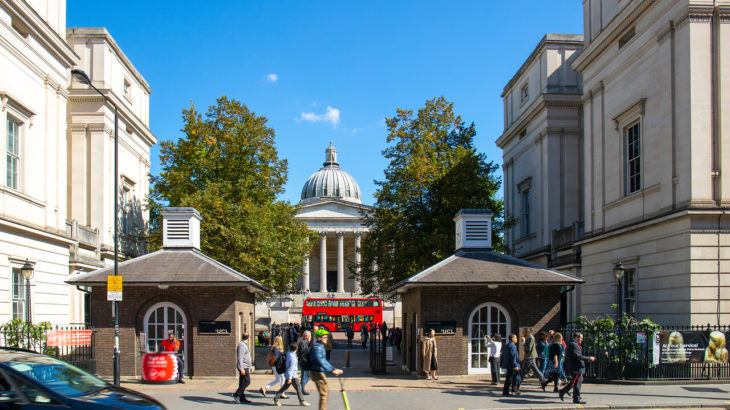The economic and social impact of UCL

UCL is supporting the UK economy and contributing to prosperity nationwide with an annual impact of £9.9bn, according to an independent report into the university’s economic and social impact.
An independent report by the consultancy London Economics, reviewed UCL’s impact in the 2018-19 academic year from a diverse range of activities and found it to be comparable to the trade boost delivered by the London 2012 Olympics.
The consultants also found that the impact of UCL’s £3bn investment in its supply chain rippled out far beyond London with more than a third occurring in other regions across the UK. This spending supported a total of 19,075 FTE jobs across the UK economy in 2018- 19, of which 11,640 are in London.
The value of UCL’s research and knowledge exchange activities stood at £4.1bn, which includes both the direct effects of this research, as well as the productivity spillover effects from UCL’s research activities.
Overall, the economic impact associated with IP licensing activities was estimated at £39.6m across the UK economy, 34% of which was generated outside London. The impact of spin-outs was estimated at £106.4m across the UK economy, with 53% of this generated outside London.
UCL collaborates with academic institutions across all regions of the UK. The majority, 77%, of these UK collaborators were based outside of London, and 68% of the co-authored publications were with at least one of these non-London collaborators.
UCL is collaborating with institutions based in Yorkshire on the ActEarly partnership, a five-year collaboration seeking to promote a healthier, fairer future for children living in deprived areas by improving environments that influence health and life chances. There is also an ongoing partnership with the University of Lincoln to identify mutually beneficial areas of research interest and opportunities for collaboration.
Dr Michael Spence, UCL’s President & Provost, said: “The UK is home to some of the world’s leading universities, which are tremendous drivers of economic growth and magnets for international investment and collaboration.
“This study demonstrates for the first time the far-reaching extent to which UCL in particular is improving health and prosperity right across the UK through its work to expand knowledge, translate that into new technologies, techniques, activities and therapies, and nurture the talent of future generations to do the same.”

